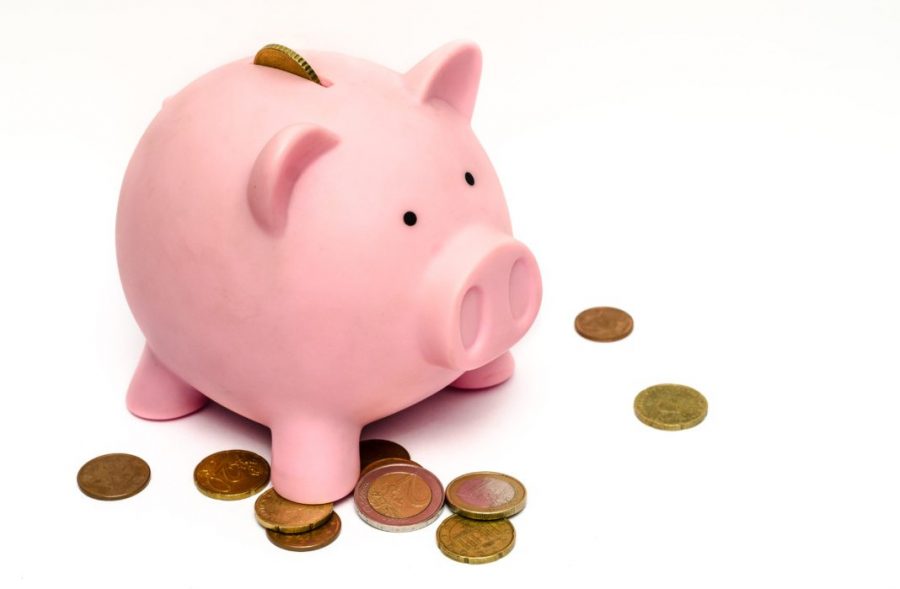Before I dive into the topic of money and happiness, I think it is important to talk about what happiness is. The hard thing about defining happiness is that its definition is different for everyone. For one, happiness could be Friday night at the bar and finding a partner to drive home with. For another, happiness could be nailing a dream job. For some, it could be being surrounded by friends and family for a Sunday dinner.
The Ancient Greeks defined happiness as “…the joy we feel when we’re striving after our potential.”
Aristotle said, “Happiness is a state of activity.”
Dr. Shefali Tsabary, psychologist and author, said, “Only when we fill our own need and feel satiated from within can we truly be fulfilled and happy.”
From these definitions of happiness, ancient and current, one similarity can be found: Happiness is the feeling of accomplishment. It’s the feeling of reaching one’s goals, whatever those may be, both long and short-term.
Now, it is true that money doesn’t buy happiness. No matter how sad you feel, no amount of shopping sprees will make that go away. However, it is possible that money can aid in improving happiness.
Let me explain what I mean.
In a world like today, the simple fact is that money helps lead to success. Take education for example. Students go to college in order to get a financially secure job out of graduation to compensate for the cost of tuition. Another example is businesses. The only way for a company to grow and be successful is for its prospects and income to outweigh startup and maintenance costs. In addition, without money, many dreams stay dreams without becoming reality; Mark Zuckerburg, Steve Jobs and Bill Gates are a few examples of this.
Money can also help reduce the stress that comes from bills, student debt, personal health, emergencies, etc. All of us, at one point, will understand the struggle for money. We all must fend for ourselves one day. Having little money results in a lot of stress and anxiety. Take college students, for example. With tuition debt piling up, other expenses, full-time jobs and class schedules, it’s no wonder that “75 percent of all [college students] … will experience [anxiety disorder] symptoms before age 22,” according to the Anxiety Disorders Association of America (ADAA). Having money in your pocket can help reduce that anxiety and allow you to focus on studies, graduating with honors and a successful future.
Your future depends on how much money you have and how you use it. Period. Scrooge, from Charles Dickens’ “A Christmas Carol,” had more money than he knew what to do with. He didn’t use a penny for his own basic necessities, however. He was miserable because he was not willing to spend his money and deprived himself of his own financial success. Could this money have helped him be more comfortable and assist other people who were in need? Absolutely. In fact, at the end of the story, he did use his money for himself and others, fulfilling his promise to the three ghosts of Christmas and helping others to reach their full potential. Not only did his change of heart have something to do with the story’s ending, but money played a huge role as well.
Money does have its downfalls and it can be used for the wrong reasons. However, those who invest in it for their futures and long-term success find that money plays a huge part in their overall happiness. In a money world, money helps. It can’t buy happiness, but it can lead to happiness if used as an aid and not to fulfill selfish needs.
@TheChrony


